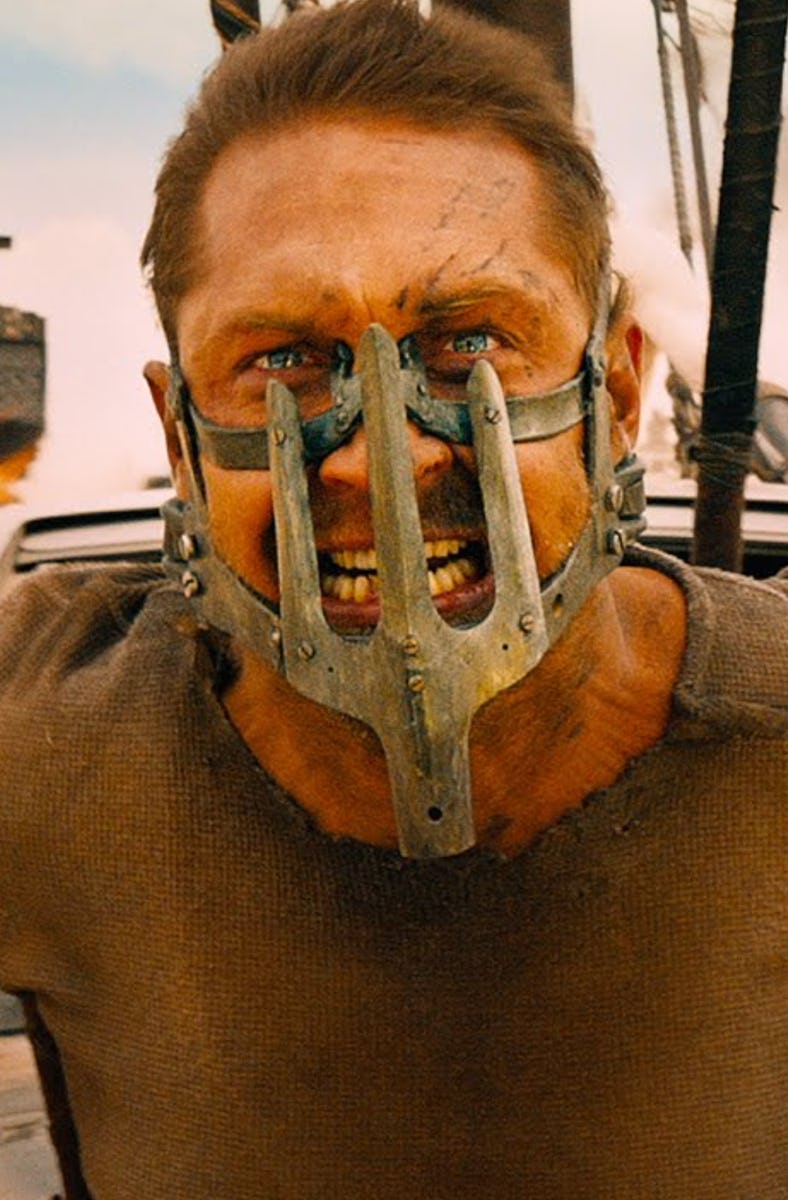Mad Max Should End With George Miller
Celebrate the (possible) end of the franchise with a glorious new Blu-ray box set.

The roads are still paved in Mad Max. There’s still some sort of police force and some green places to be found. The world has not descended into the wasteland that would define subsequent chapters. What the film does have, though, is the visceral feeling that would infuse subsequent installments.
Miller’s Mad Max origin story is also the origin story of his entire career, but it easily could have been an ending. Filmed for just $400,000, it became a global phenomenon and earned $100 million at the box office when it premiered in 1979. Miller could have easily parlayed it into a different project. Instead, he made a sequel. And then an entire franchise.
Earlier this week, a brand-new Blu-ray box set arrived, offering all five Mad Max movies in 4K. Whether you choose to indulge or not, there’s never been a better time to reflect on the singular accomplishment that is George Miller’s post-apocalypse saga.
The original Mad Max feels decidedly pre-apocalyptic.
Mad Max is, strangely enough, lacking most of the conventions of a Mad Max story, but The Road Warrior has them all. The 1982 follow-up gives us a better sense of Miller’s vision for this universe. Two words: post apocalyptic. Max is no longer a family man seeking revenge. He’s roaming the waste when he reluctantly decides to help a settlement he stumbles upon fight off a group of raiders.
Beyond Thunderdome (1985), which capped off the original trilogy, could have easily been the end of Miller’s Mad Max run. It’s a more bloated, messy movie than its immediate predecessor. You can see Miller bumping up against the limitations both of his budget and his interest in this world. The movie awkwardly split in half, and while it’s very much worth watching, it feels both overstuffed and incomplete. Beyond Thunderdome was also, crucially, Miller’s third movie ever. In the decades that followed, he made plenty of non-Mad Max films, and for a long time, it seemed like that universe was dead.
Chris Hemsworth in Furiosa: A Mad Max Saga.
Three decades later, Miller’s directorial journey brought him back to where he started and he got the chance to make one of the great action movies in the history of the genre. So much ink has been spilled on Mad Max: Fury Road that saying something new about the movie feels basically impossible. One of the movie’s smaller miracles, though, is that it revitalized a franchise that had been dormant for 30 years, but didn’t rely on the lore of those previous movies. For as much as Mad Max is a universe that has a certain vibe, it doesn’t have many of the guardrails and rules that are supposed to define these kinds of series. Max is sort of not the main character here, and the wasteland world he’s inhabiting is different than the one set up by the original trilogy. None of that matters, though, because the movie is Miller’s creation, and so it feels of a piece with everything he had done in this universe to date, just on a much grander and more virtuosic scale.
Furiosa: A Mad Max Saga gave Miller the chance to tell an even more tangential story. Instead of driving action, Furiosa is slightly more meditative and episodic, chronicling Fury Road’s protagonist as she winds her way toward the start of that movie. Miller again finds a way to communicate history and feeling between the movie’s cast of characters without asking them to speak. It’s often said that Fury Road could be watched with the sound off, and although it’s more talky, the same is true of Furiosa. The movie is epic, but in a way distinct from Fury Road. It’s a story of one woman’s quest for vengeance, and how hollow she feels once she gets it.
We may never see another franchise like Mad Max. Miller has bookended his career making these films, and, in part, because they have never been box office juggernauts, we may never get another installment. Ultimately, that’s probably for the best. Only Miller ever really knew how to tell a Mad Max story, and he ended his career by showing us just how vast this world can be, even as it remains the distinct vision of a single man.